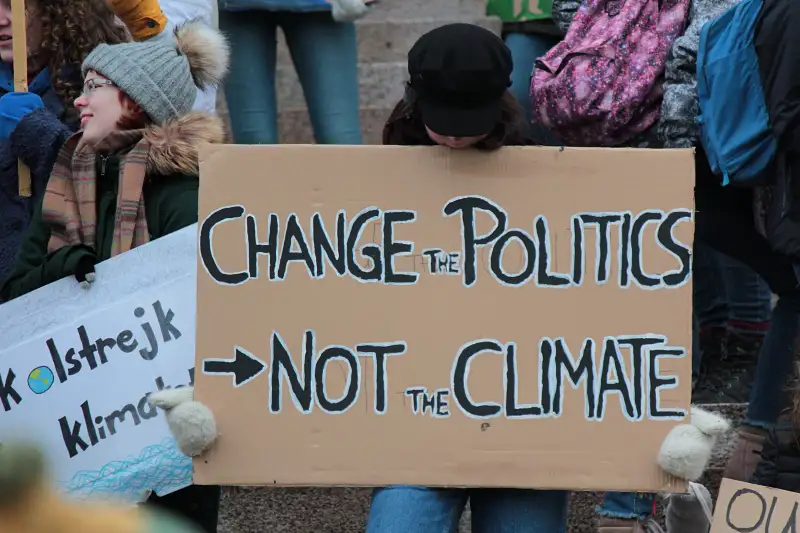Politics is a field that has historically been dominated by men, with women often marginalized or excluded from positions of power and decision-making. However, feminist scholars and activists have long sought to challenge and transform this patriarchal system. In this blog post, we will outline, explain, and analyze the feminist view of politics, highlighting its key concepts, goals, and critiques.
Outline
The feminist view of politics encompasses a range of theories and perspectives that seek to understand and address gender inequalities within political systems. It involves examining the ways in which power is distributed, exercised, and contested, with a specific focus on the experiences and interests of women.
Key concepts within feminist political theory include patriarchy, intersectionality, and the personal as political. Patriarchy refers to a social system that privileges men and subordinates women, perpetuating gender inequalities in various aspects of life, including politics. Intersectionality recognizes that gender is not the only axis of oppression, but that it intersects with other forms of identity, such as race, class, and sexuality, shaping women’s experiences of power and privilege. The personal as political highlights the interconnectedness of personal experiences and broader political structures, emphasizing that seemingly private or individual issues are often rooted in systemic inequalities.
Explanation
Feminist political theory seeks to explain the ways in which gender shapes political power and decision-making processes. It examines how women have historically been excluded from formal political institutions, such as parliaments and cabinets, and have faced barriers to accessing positions of leadership and influence. Additionally, it explores the ways in which women’s perspectives and interests have been marginalized or ignored within political discourse and policy-making.
Feminist theorists argue that politics is not solely confined to the formal sphere but extends into all aspects of life. They emphasize the importance of recognizing and valuing traditionally feminized forms of political engagement, such as community organizing, caregiving, and activism. By expanding the definition of politics, feminist theory challenges the notion that power is solely exercised within formal political institutions and highlights the importance of grassroots movements and everyday acts of resistance.
Analysis
The feminist view of politics offers a critical analysis of existing power structures and seeks to challenge and transform them. It critiques the ways in which politics has traditionally been understood and practiced, highlighting the exclusionary nature of formal institutions and the ways in which they perpetuate gender inequalities.
One key aspect of feminist political analysis is the critique of the public-private divide. Feminist theorists argue that the division between public and private spheres has been used to marginalize women’s voices and experiences. By devaluing traditionally feminized forms of work and relegating them to the private sphere, women’s contributions to society and politics have been rendered invisible. Feminist political analysis challenges this division and calls for a reevaluation of the ways in which power is distributed and exercised.
Furthermore, feminist political analysis also highlights the importance of diversity and inclusivity within political systems. It argues that the experiences and perspectives of marginalized groups, including women of color, LGBTQ+ individuals, and women from lower socioeconomic backgrounds, must be taken into account in order to create more equitable and representative political systems. This analysis calls for the recognition of intersectionality and the need to address multiple forms of oppression simultaneously.
In conclusion, the feminist view of politics offers a critical lens through which to understand and challenge gender inequalities within political systems. By examining power dynamics, questioning traditional definitions of politics, and advocating for inclusivity and diversity, feminist political theory aims to create more equitable and just societies. It is a powerful framework that continues to shape and inform political discourse and activism around the world.





